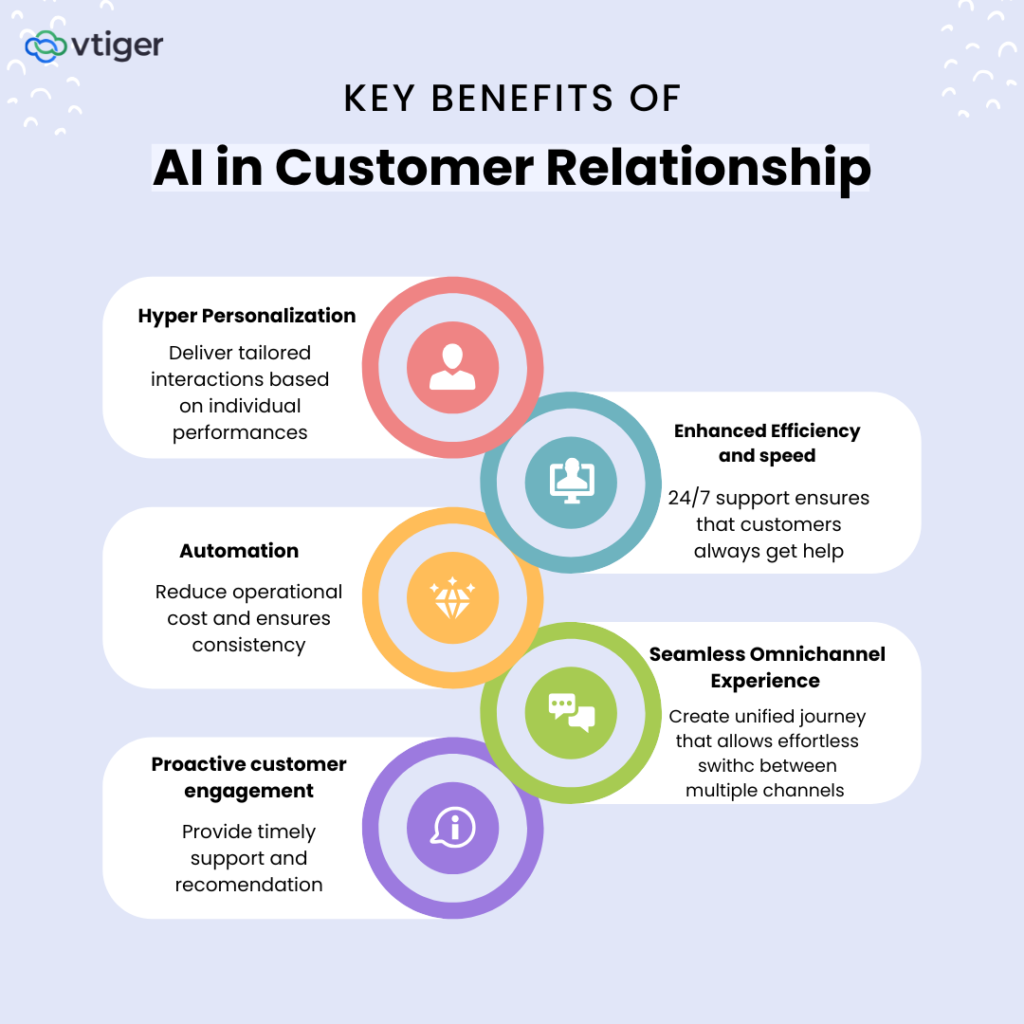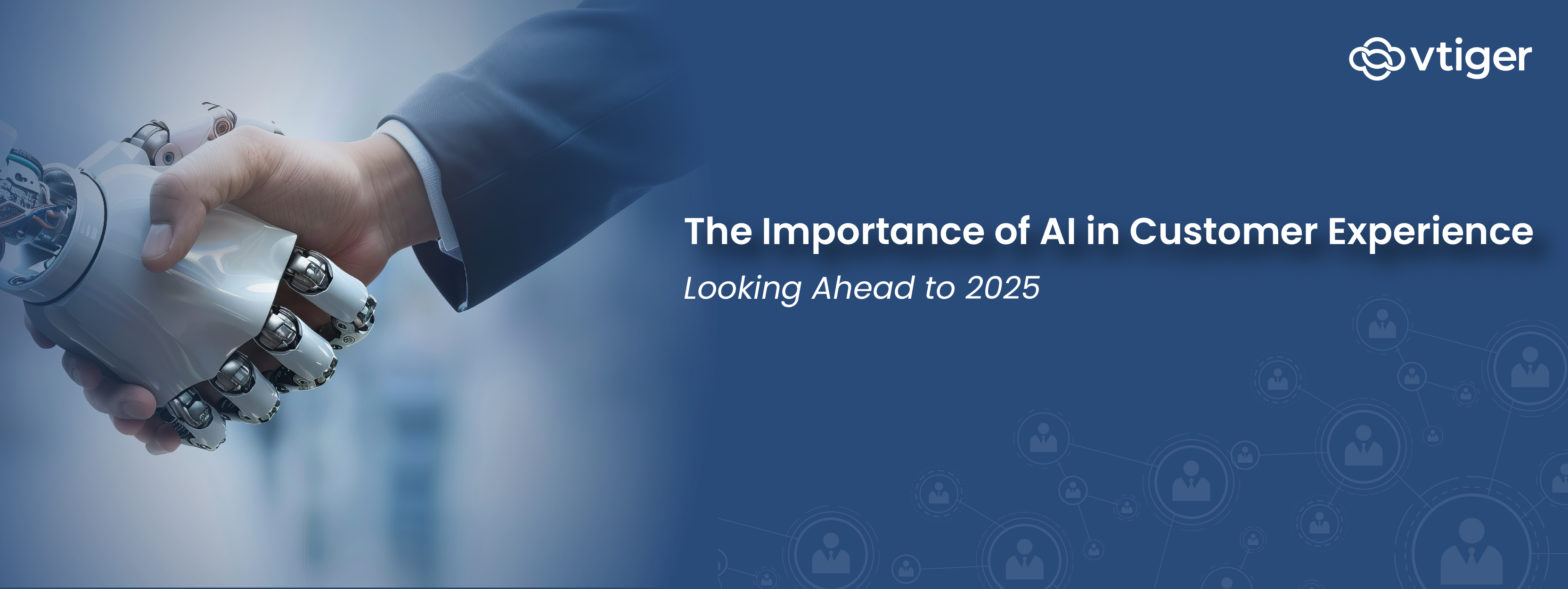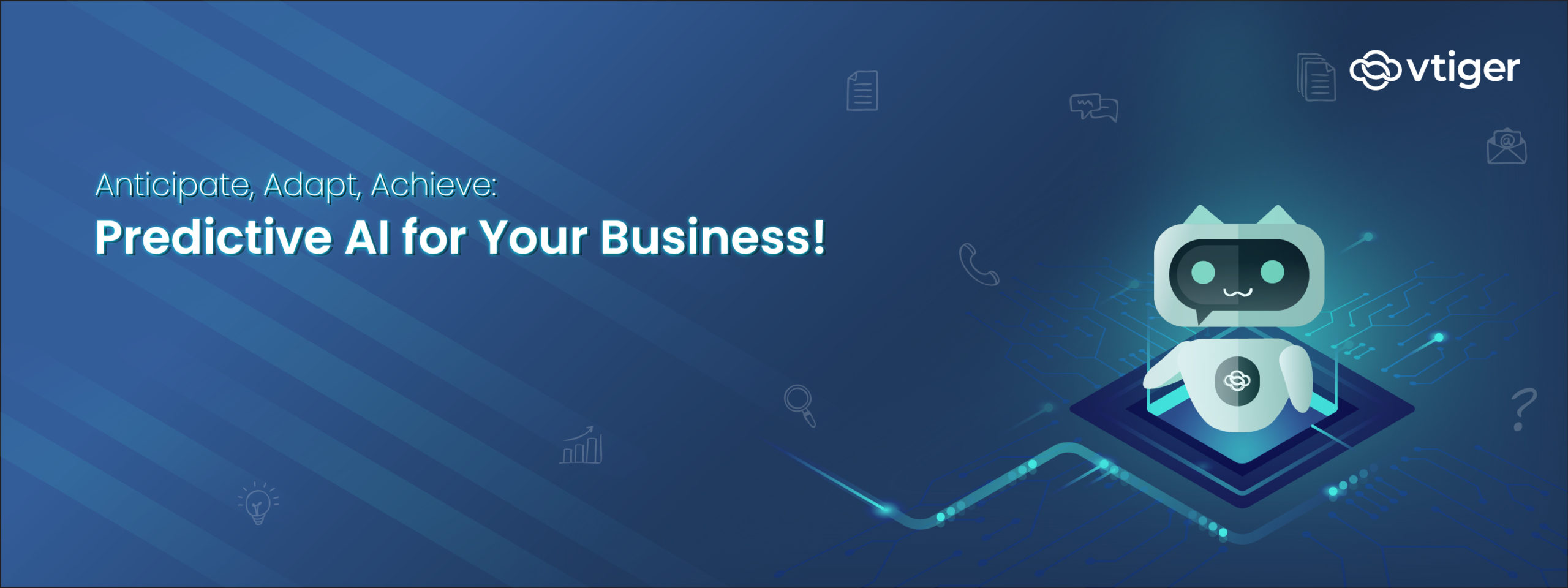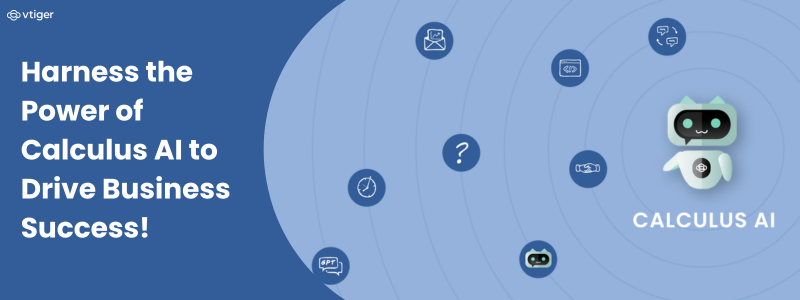Imagine you are planning a trip to the mountains for your break.
When you open the travel agency website, you are greeted with a pop-up chat window asking if you need assistance. If you type in your query, a trip to the mountains for winter, you will get a list of the best destinations, hotels, rooms, and transport. From there, you can ask for the best dates or choose your dates and duration. You can also ask for reviews of the selected places and choose based on these reviews. This makes the process simpler and more enjoyable and saves much of your time. Otherwise, you would have browsed ten websites for different locations, amenities, transport, and more.
You could do all this from a simple chat window because of artificial intelligence (AI). Chat features incorporate AI these days and are called Chatbots or bots.
As we approach 2025, the role of AI in shaping customer experience (CX) is set to become more pivotal than ever. Companies striving to maintain a competitive edge must adopt AI tools to enhance their customers’ journey.
This blog explores the significance of AI in customer experience, focusing on anticipated trends and innovations that will define the market in 2025.
What Do We Mean by Customer Experience?
Customer experience or CX encompasses all customer interactions with your company. From the moment they first discover your brand to using your products and services to seeking help from your support team. Businesses must understand that every touchpoint matters, as these experiences shape customer perceptions and loyalty.
Understanding AI-Driven Customer Experience
An AI-driven customer experience utilizes technologies such as machine learning and natural language processing, combined with data analytics tools, to analyze large amounts of customer data. By learning from past interactions, AI can make predictions about future behaviors. Armed with these insights, businesses can create personalized experiences that cater to individual customers’ specific needs and preferences at scale.
How Is AI Reshaping the Customer Experience Landscape?
Customers have become accustomed to—and even prefer—self-service digital channels as the ‘first point of contact’ when seeking support. Their expectations for a great self-service experience are increasing. It has become critical for businesses to design AI-powered experiences that help them stand out from the crowd. Many companies are upping their investments in areas such as conversational AI (e.g., Sephora’s Virtual Assist), proactive support (e.g., Amazon’s Package Tracking Notifications), and predictive analytics (e.g., Netflix recommendations) to improve customer experience.
The Role of Humans in an AI-Driven Customer Experience
When discussing artificial intelligence and customer experience, it’s important to consider the role humans play in this dynamic relationship. While it is true that the nature of human work will change, it doesn’t mean they will be replaced. In fact, AI is unlocking new opportunities for support representatives by freeing up time for them to focus on more impactful areas, such as content creation for help centers or surfacing voice-of-the-customer insights.
Use Case
Several companies are already leveraging AI to enhance their customer experiences:
- Sephora: The Virtual Artist app allows customers to try makeup products virtually using augmented reality (AR), creating an interactive shopping experience that informs purchasing decisions.
- Mercedes-Benz: The Mercedes me connect voice app uses voice technology to offer remote vehicle control features, enhancing customer convenience.
- Amazon: By utilizing machine learning algorithms for product recommendations, Amazon continues to lead the market in personalized shopping experiences.
How Can AI Improve Customer Experience?

24/7 Omnichannel Support
AI-powered chatbots provide valuable tools for companies looking to offer round-the-clock assistance. These bots ensure quick responses regardless of time zone by automating customer interactions.
Improved Decision-Making Processes
AI’s ability to identify patterns in large amounts of data allows companies to enhance their product decision-making processes by anticipating customer needs or understanding where they can provide proactive support. For example, if a business sees recurring problems related to billing, it could set up specific support flows addressing those issues directly.
Hyper-Personalization
In 2025, hyper-personalization will be at the forefront of customer engagement strategies. AI will enable businesses to analyze vast amounts of data to deliver tailored interactions based on individual preferences and behaviors. For instance, Starbucks uses its AI tool Deep Brew to suggest menu items based on past orders, weather conditions, or festivals. This level of personalization fosters deeper connections between brands and consumers.
Enhanced Efficiency and Speed
AI-powered chatbots will continue revolutionizing customer service by providing 24/7 support and significantly reducing response times. These chatbots ensure that customers can always get help when needed, even outside business hours. They can handle multiple interactions simultaneously, reducing wait times and delighting customers with fast responses and resolutions.
Proactive Customer Engagement
With advancements in predictive analytics, AI will allow companies to anticipate customer needs proactively. By analyzing past interactions and behaviors, businesses can provide timely support and recommendations before customers even realize they need assistance. This proactive approach enhances customer satisfaction and loyalty.
Seamless Omnichannel Experience
Integrating AI across various platforms will ensure a seamless omnichannel experience for customers. By consolidating data from online, in-store, mobile, and social media channels, businesses can create a unified journey that allows customers to switch between channels effortlessly. This consistency is crucial for building trust and enhancing overall satisfaction.
Automation
By harnessing AI, businesses can automate tasks such as handling basic customer inquiries or processing orders, freeing human agents to focus on more complex and value-added activities. This automation reduces operational costs and ensures consistent and rapid responses to customer queries, ultimately enhancing the overall customer experience.
Future Trends in AI and Customer Experience
As we look ahead to 2025, several key trends are expected to shape the future of AI in customer experience:
- Emotion AI: Emerging technologies will enable AI systems to understand human emotions through facial recognition and tone analysis.
- Immersive Experiences: The fusion of AI with AR and virtual reality (VR) will create immersive shopping experiences that allow customers to visualize products in their environments before purchasing.
- Autonomous AI: By 2025, we can expect more autonomous roles for AI systems in managing customer interactions while supporting human agents.
As we approach 2025, integrating AI into strategies focusing on CX is advantageous and essential for businesses aiming to thrive in an increasingly competitive landscape. Companies can harness the power of AI technologies for hyper-personalization, efficiency improvements, proactive engagement, and seamless omnichannel experiences. They can quickly meet rising consumer expectations while fostering loyalty and satisfaction.
Embracing these innovations will be vital to delivering exceptional customer experiences that resonate with today’s digitally savvy consumers.
Vtiger CRM uses Vtiger One AI to provide an elevated customer experience through features like Custom Chatbot, Email Reply Suggestions, and more. You can read more about One AI here.



